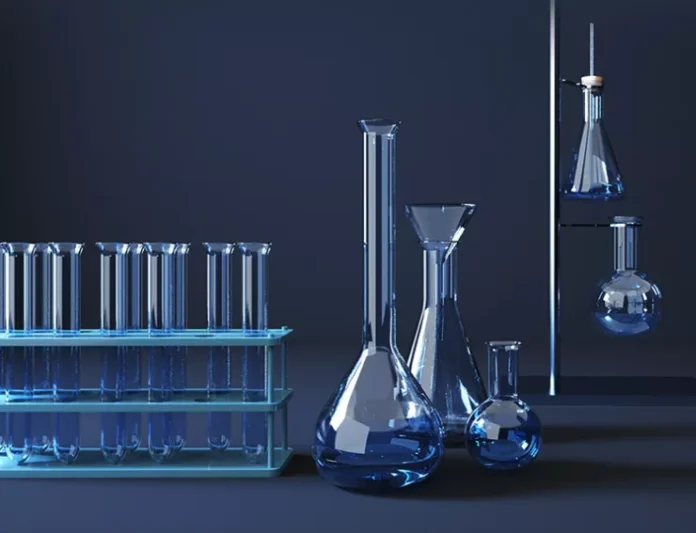Sometimes, it’s hard to find the answers to some of the simplest questions. For instance, just about every cartoon depiction of a laboratory scientist shows the protagonist gleefully working with a beaker. But you may have heard that beakers, whether made of traditional glass or a more modern plastic composite, may be handy for a chemical reaction or to hold a sample, are not so good at accurately measuring volume.
So let’s get that question sorted out straight away. Are beakers accurate for measuring? The quick answer is absolutely yes: because the vast majority will feature the same sort of graduated markings so you can instantly recognise the difference between, say, 200 and 250ml.
However, it’s certainly true that the very nature of a thinner, more measuring-specific piece of similar equipment called a graduated cylinder is more accurate than a simple beaker with graduated markings. Indeed, when using a beaker for measurements, it’s necessary to bear in mind that their primary function in the lab is actually to hold and pour rather than to precisely measure liquids – or solids, for that matter. Laboratories will also use them to contain chemical reactions, or to catch the liquids as they are analysed from titrations and filtrates.
And if you ask a pedantic chemist if beakers are used for precise measuring, they’ll actually refer you to highly distinct lab equipment like the burette – an ultra-thin glass tube whose specific function is to deal with liquids with the most precise volumetric accuracy. They may also remind you that the beaker gets its name from the ‘beak’ – the bird’s beak-like feature that makes pouring the liquid easy. In that way, they might even argue that a beaker is not used as a volumetric device at all, notwithstanding the graduated markings.
To that chemist, a beaker is therefore something to contain specific volumes rather than to deliver those same volumes.
Just how accurate is ‘accurate’?
As with many things, therefore, it really depends not on what question is asked, but on who is asked that same question. Because if you’re a whiz in the kitchen, for example, a laboratory beaker may just be the item of choice for scientifically-precise measurement of ingredients – and can then double-up as an indispensable cooking tool thanks to that incredibly heat-resistant and high quality borosilicate glass.
Remember, a word like accuracy has very different meanings – depending on the setting. For instance, in the scientific lab, four examples of beaker-like equipment may have respective accuracies of 20%, 10%, 1% and 0.5%. All, however, are accurate – it’s just a matter of degrees. As a general rule, the graduated markings on high quality beakers are understood to be ‘accurate’ to a precision of plus or minus about 5% – more than good enough for most tasks, and not quite accurate enough for the aforementioned pedantic chemist. And given that the accuracy of that pedantic chemist’s preferred measuring device – the fully-calibrated graduated cylinder – is typically about 1% plus or minus, the debate about the accuracy of beakers is given important context.
Is your organisation on the market for beakers, jugs and other volumetric containers? The range of sizes, configurations, features, materials and other qualities could hardly differ more, so to match your needs and budget with the right equipment for your specific applications, our industry guides would be delighted to assist.

